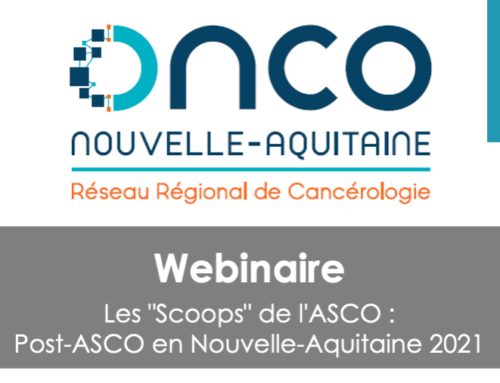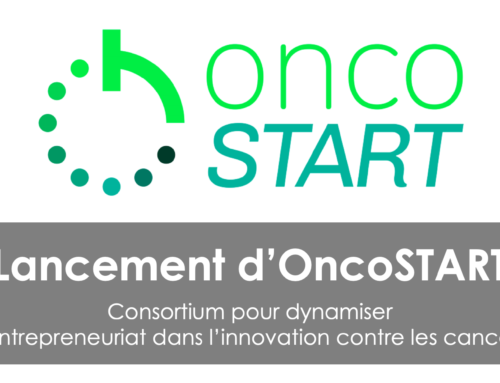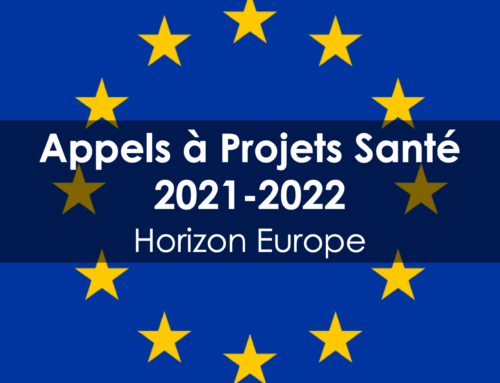OSIRIS: A Minimum Data Set for Data Sharing and Interoperability in Oncology
JCO Clinical Cancer Infomatics, Mar 2021
Julien Guérin, MSc; Yec’han Laizet, PhD; Vincent Le Texier, MSc; Laetitia Chanas, PhD; Bastien Rance, PhD; Florence Koeppel, PhD; François Lion, MSc; Sophie Gourgou, PhD; Anne-Laure Martin, PharmD; Manuel Tejeda, MSc; Maud Toulmonde, MD, PhD; Stéphanie Cox, PhD; Elisabeth Hess, PhD; Marina Rousseau-Tsangaris, PhD; Vianney Jouhet, MD, PhD; and Pierre Saintigny.
To read the full article, click here : https://ascopubs.org/doi/full/10.1200/CCI.20.00094
To read a vulgarized summary of the publication, click here [FRENCH].
Abstract
Many institutions throughout the world have launched precision medicine initiatives in oncology, and a large amount of clinical and genomic data is being produced. Although there have been attempts at data sharing with the community, initiatives are still limited. In this context, a French task force composed of Integrated Cancer Research Sites (SIRICs), comprehensive cancer centers from the Unicancer network (one of Europe’s largest cancer research organization), and university hospitals launched an initiative to improve and accelerate retrospective and prospective clinical and genomic data sharing in oncology.
For 5 years, the OSIRIS group has worked on structuring data and identifying technical solutions for collecting and sharing them. The group used a multidisciplinary approach that included weekly scientific and technical meetings over several months to foster a national consensus on a minimal data set.
The resulting OSIRIS set and event-based data model, which is able to capture the disease course, was built with 67 clinical and 65 omics items. The group made it compatible with the HL7 Fast Healthcare Interoperability Resources (FHIR) format to maximize interoperability. The OSIRIS set was reviewed, approved by a National Plan Strategic Committee, and freely released to the community. A proof-of-concept study was carried out to put the OSIRIS set and Common Data Model into practice using a cohort of 300 patients.
Using a national and bottom-up approach, the OSIRIS group has defined a model including a minimal set of clinical and genomic data that can be used to accelerate data sharing produced in oncology. The model relies on clear and formally defined terminologies and, as such, may also benefit the larger international community.








